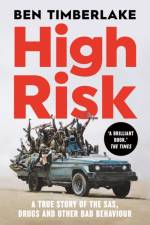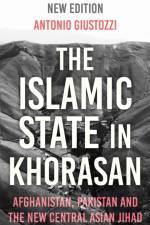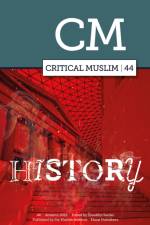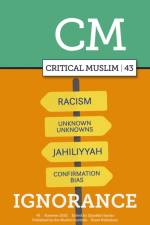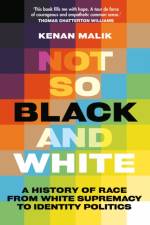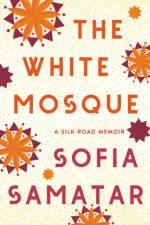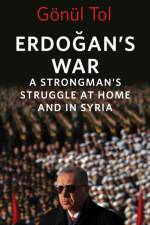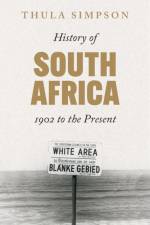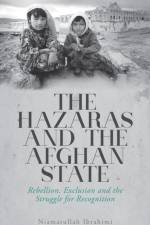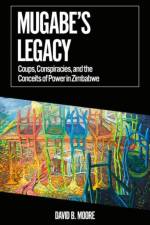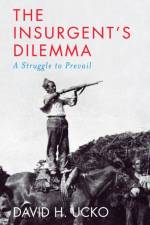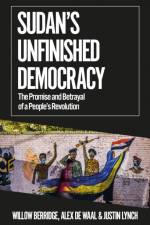307
We pay a great deal of attention to pursuit of knowledge, but overlook its constant companion: ignorance. Where our world is inundated with information, from 24-hour news and social media and the internet of things, what we do not know can be just as important as what we do. AgnotologyΓÇöthe study of ignoranceΓÇöis a rising field of inquiry, and set to become increasingly important as reforms to education and knowledge creation rattle the foundations of traditional disciplines. Ignorance has rapidly proliferated in the early twenty-first century. Since US Defense Secretary Donald Rumsfeld penned his famous memo on known knowns, unknown knowns, known unknowns, and unknown unknowns, it has become a key, yet unseen, factor in global decision-makingΓÇöin politics, business, and various complex networks exemplified by Covid-19. In this issue, ignorance is given its long overdue analysis, and its role in our chaotic times examined.About ''Critical Muslim'': A quarterly publication of ideas and issues showcasing groundbreaking thinking on Islam and what it means to be a Muslim in a rapidly changing, interconnected world. Each edition centres on a discrete theme, and contributions include reportage, academic analysis, cultural commentary, photography, poetry, and book reviews.


